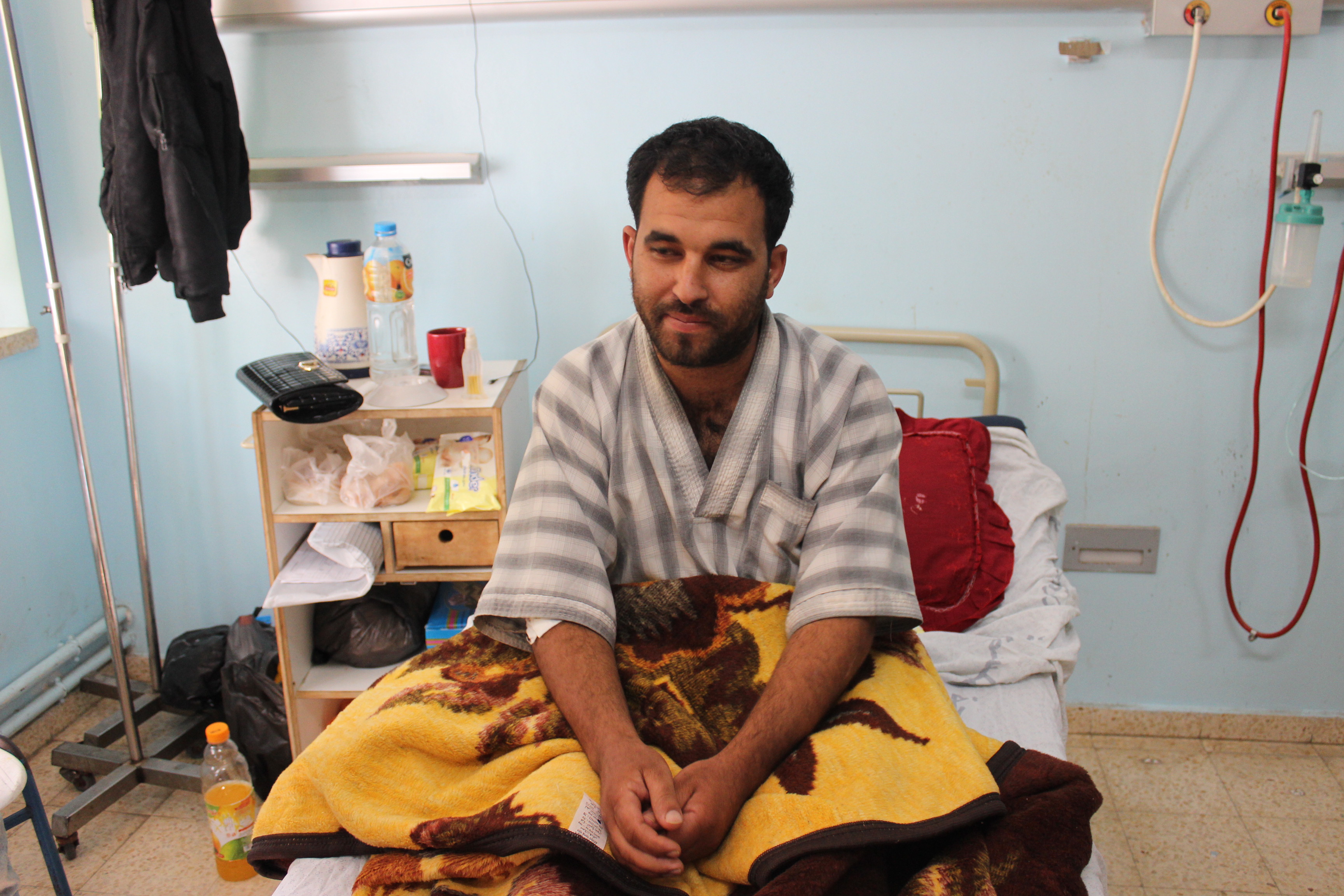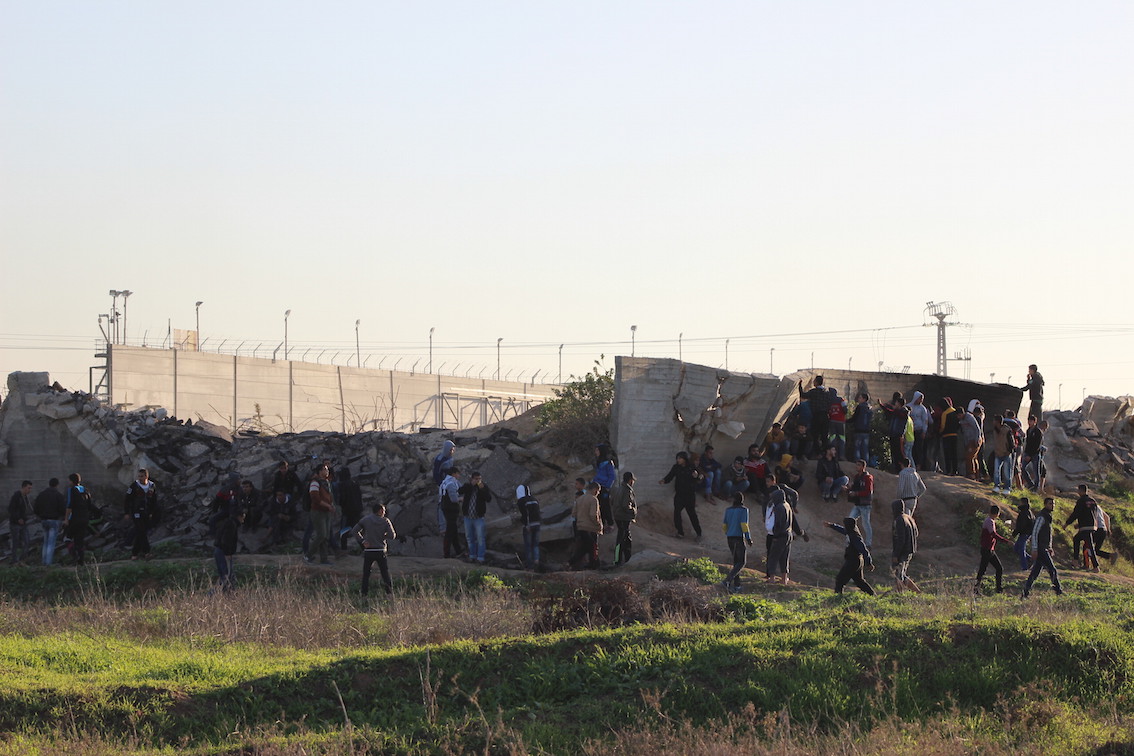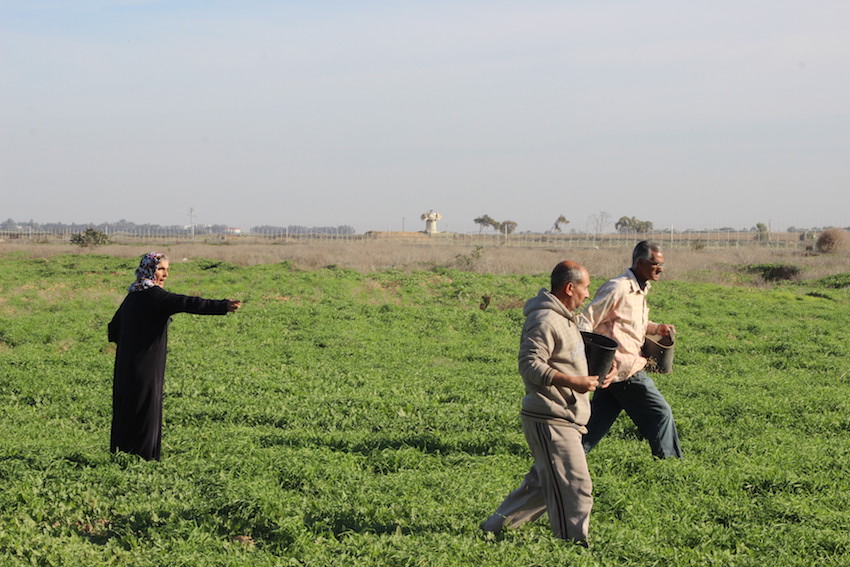Tag: Gaza
-
In Gaza, another farmer shot by a sniper for working his land
December 8th, 2015 | International Solidarity Movement, Gaza team | Khan Younis, Gaza strip, occupied Palestine A week ago Mohamed Abu Taima, 29 years-old and father of a small girl, was working his land 450m from the separation fence when an Israeli sniper shot him. At 4pm, he had arrived to his land in Al Faraheen,…
-
Many injured during the friday protests in Gaza
December 4th, 2015 | International Solidarity Movement, Gaza team | Gaza strip, occupied Palestine There were many protests this Friday again in Gaza. According to the information provided by the ministry of health, 10 people have been injured in the Khan Younees area, mainly in El Farahin. 11 people have been injured in the Central Area.…
-
In Gaza, Israeli Forces brutally stop farmers from working on land
November 27th, 2015 | International Solidarity Movement, Gaza team | Khuzaa, Gaza strip, Occupied Palestine In Gaza, farmers should have started to plant wheat almost a month ago. However, in Khuzaa, a village close to Khan Younis, farmers who own land near the fence have not been able to start, as they don’t have the…



